
The resources on this page are meant to support your educational experience in DRAMA 10 - Introduction to Theatre. All links are to streaming videos on the Digital Theatre Plus platform. You have two options to access these resources when you're not connected to the UCI network:
If you need any help with these resources or other library resources, please reach out to me, Scott Stone, Research Librarian for Performing Arts at stonesm@uci.edu.
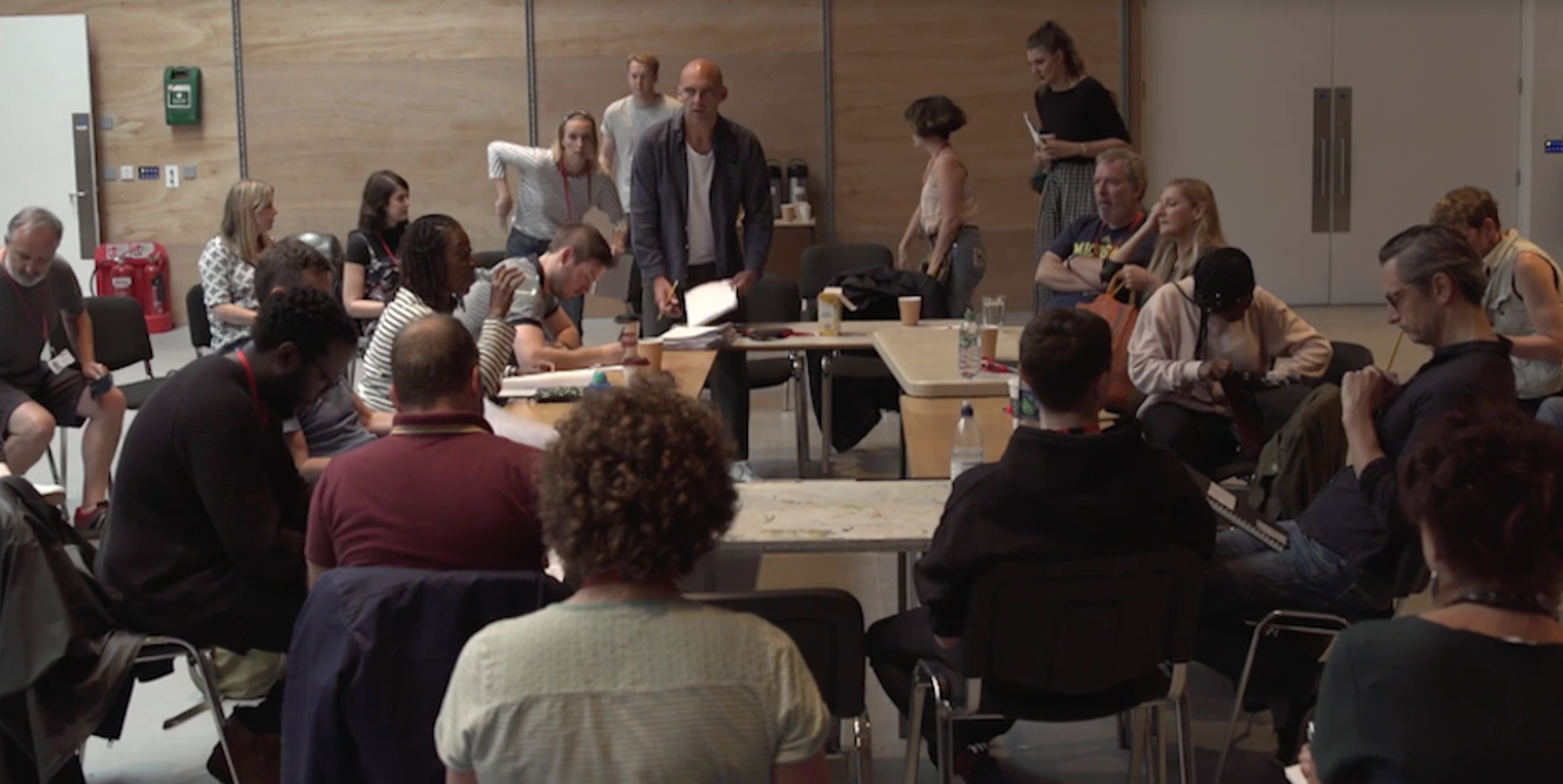 Lyric 360 (69 mins)
Lyric 360 (69 mins)
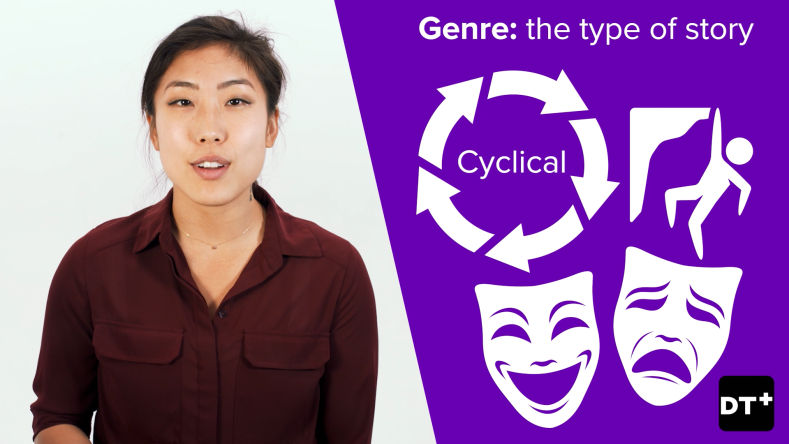 Spotlight On: Dramatic Structure (6 mins)
Spotlight On: Dramatic Structure (6 mins)
 Spotlight On: Evaluating a Play (7 mins)
Spotlight On: Evaluating a Play (7 mins)
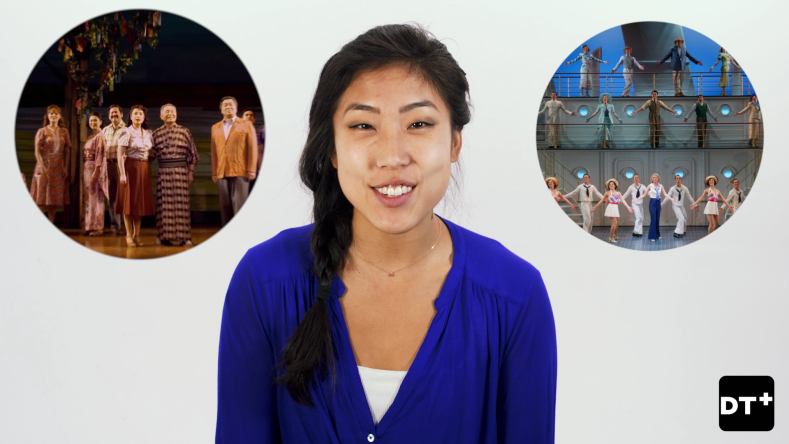 Spotlight On: Types of Stages (8 mins)
Spotlight On: Types of Stages (8 mins)
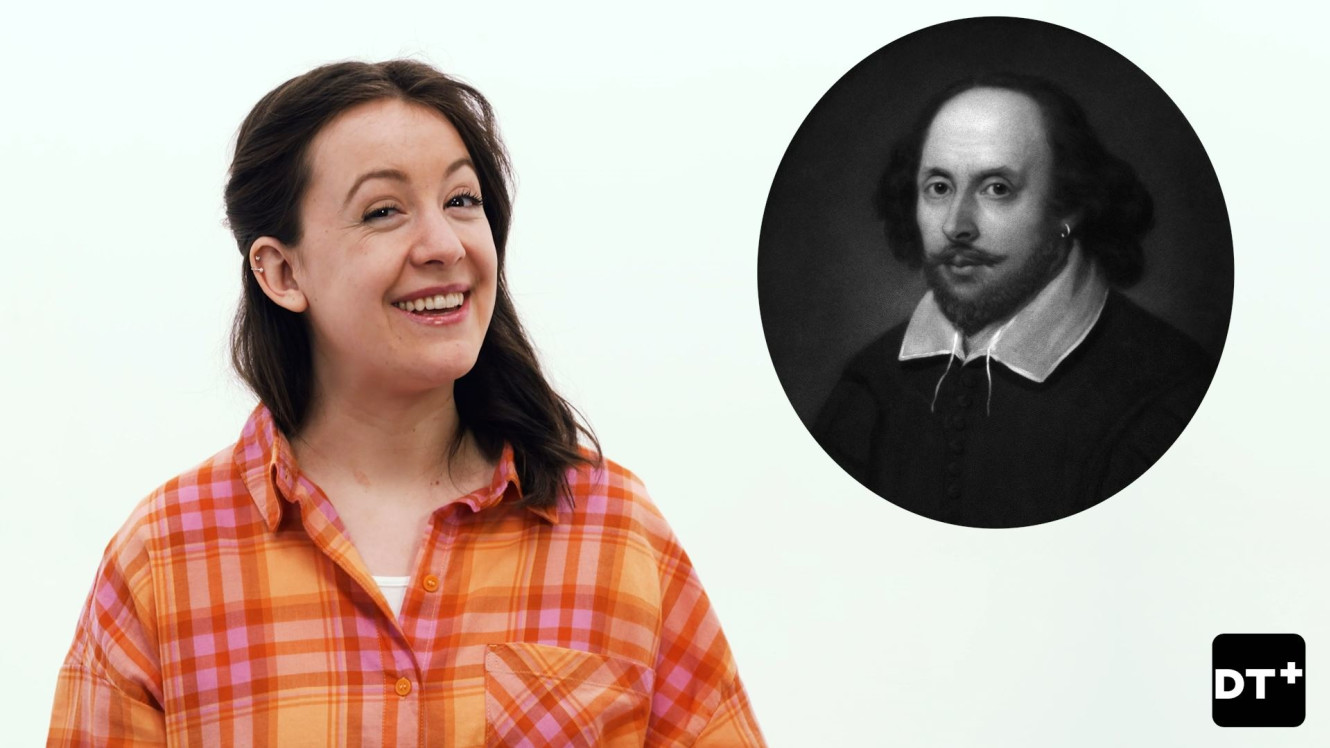 Spotlight On: The Playwright (6 mins)
Spotlight On: The Playwright (6 mins)
Additional videos to learn about Playwrights:
Playwright Tanika Gupta discusses her writing process, inspiration and passion for adapting Meera Syal’s semi-autobiographical novel, Anita and Me, as well as exploring her career progression from radio dramas to stage plays. Gupta also considers how her upbringing helped understand the themes and characters of Syal’s work, highlights the importance of creating big moments for big theatrical spaces, and expresses how the use of comedy provides further dramatic effect when preceding tragedy.
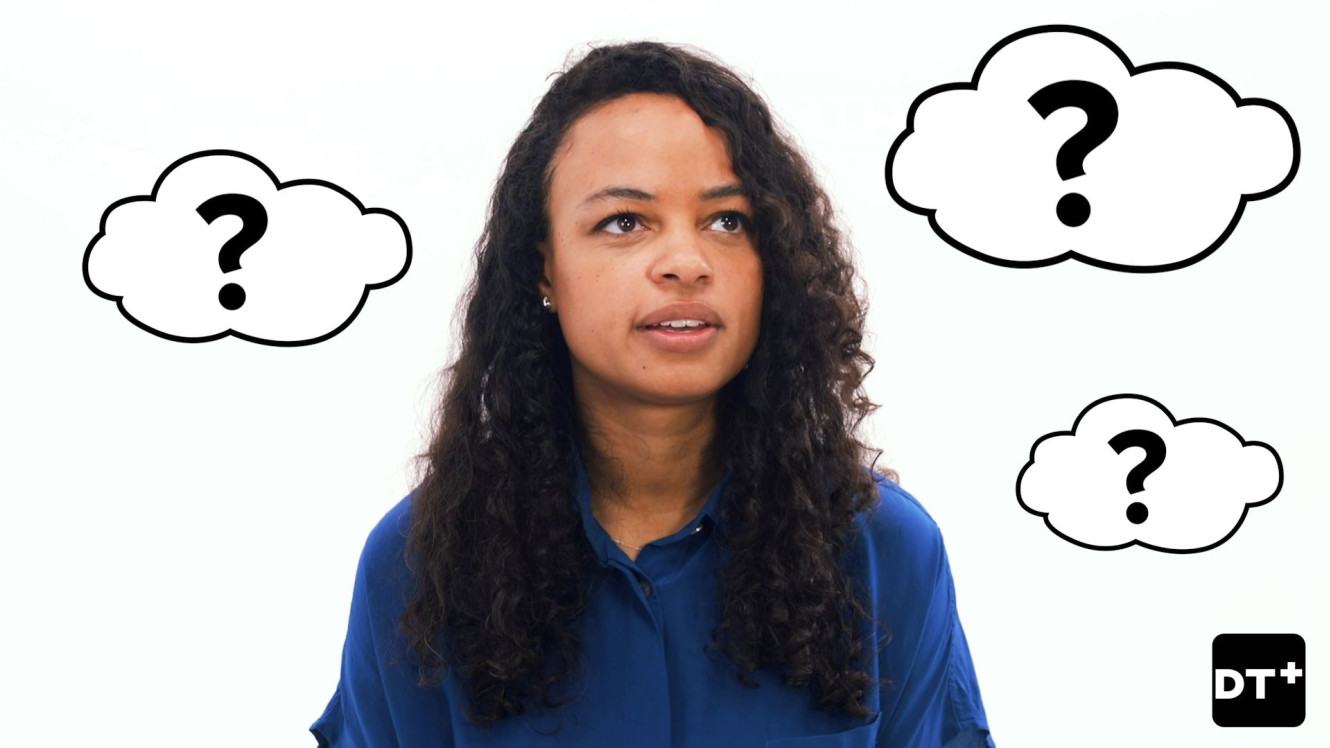 Spotlight On: The Actor (7 mins)
Spotlight On: The Actor (7 mins)
Additional videos to learn about Acting:
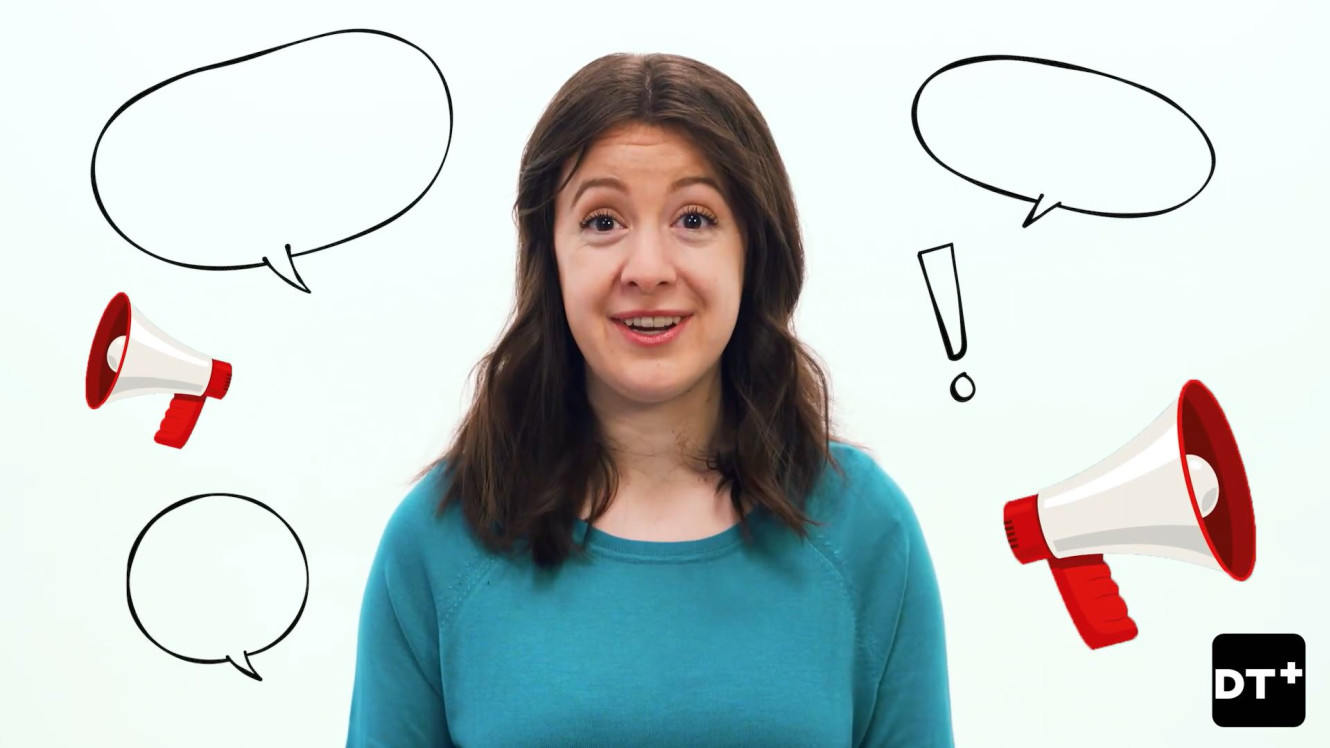 Spotlight On: The Director (7 mins)
Spotlight On: The Director (7 mins)
Additional videos to learn about the Director:
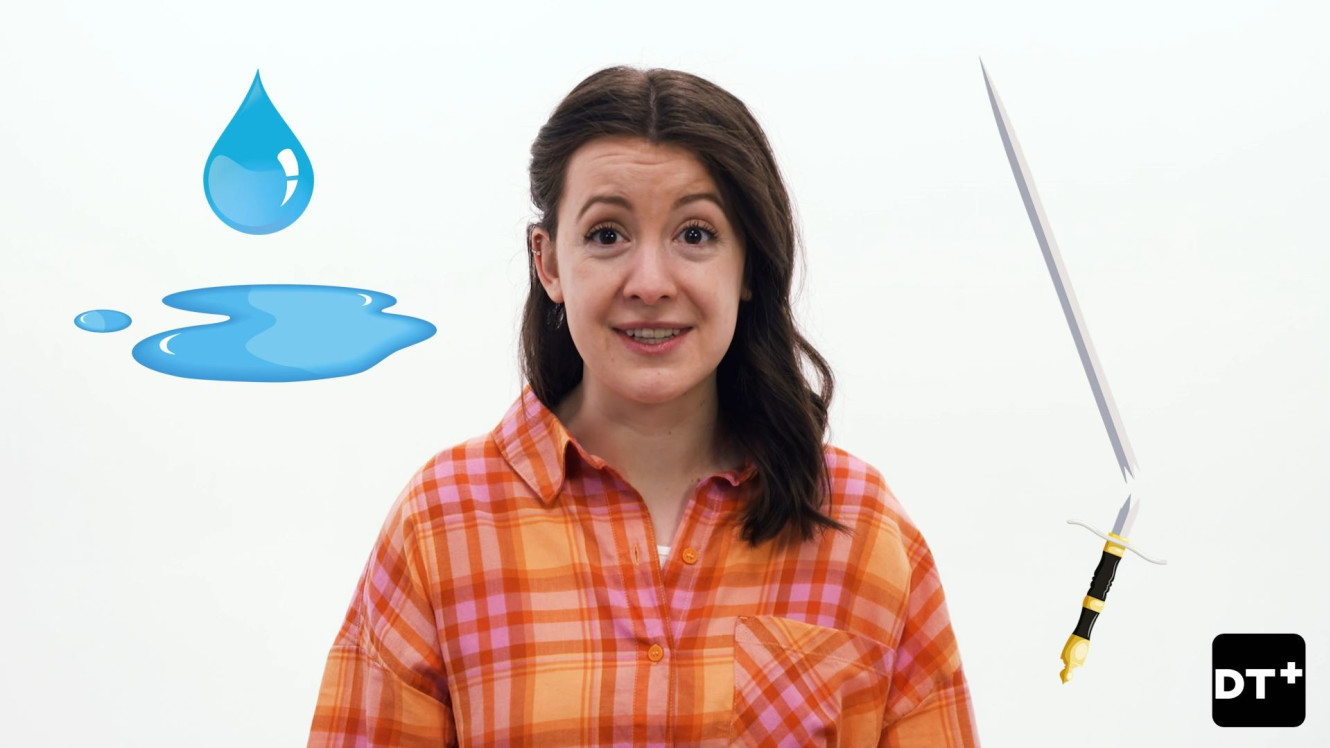 Spotlight On: The Stage Manager (8 mins)
Spotlight On: The Stage Manager (8 mins)
Additional videos to learn about Stage Managers:
 Spotlight On: The Producer (7 mins)
Spotlight On: The Producer (7 mins)
Additional videos to learn about Producers:
 Spotlight On: The Costume Designer (6 mins)
Spotlight On: The Costume Designer (6 mins)
Additional videos to learn about Costume Designers:
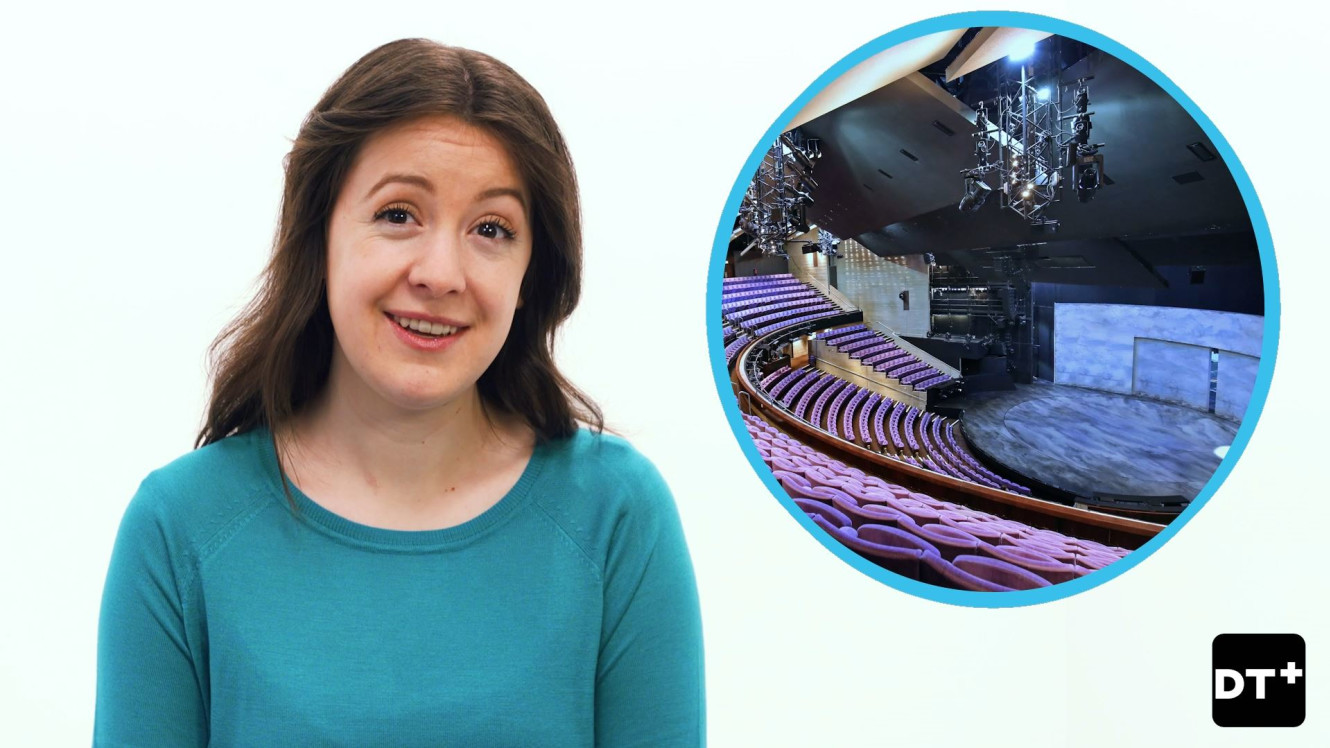 Spotlight On: The Set Designer (9 mins)
Spotlight On: The Set Designer (9 mins)
Additional videos to learn about Set Designers:
Set designer Ben Stones talks at length about creating designs for Some Like it Hip Hop in this behind-the-scenes interview. As well as detailing the role and responsibilities of a set designer, Stones explains the creative process of designing set-heavy scenes and how his artistic choices communicate meaning and key themes.
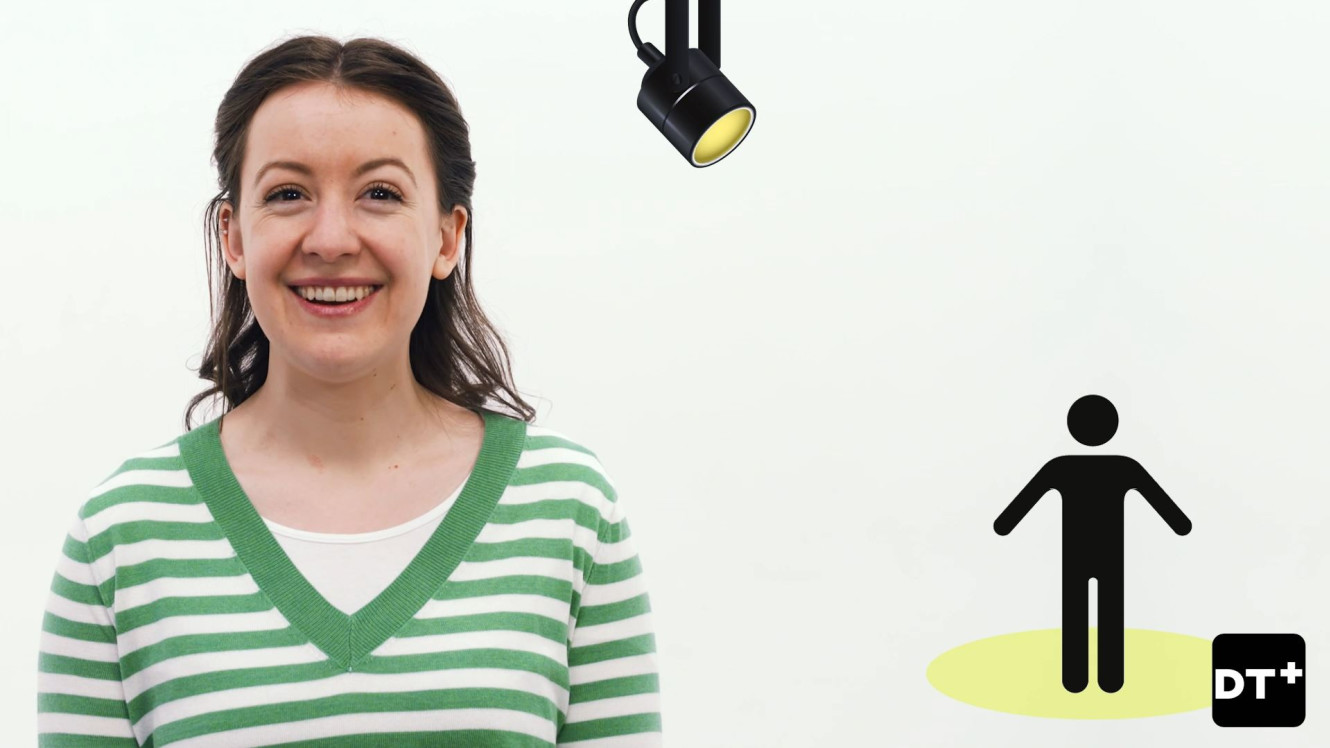 Spotlight On: The Lighting Designer (8 mins)
Spotlight On: The Lighting Designer (8 mins)
Additional videos to learn about Lighting Designers:
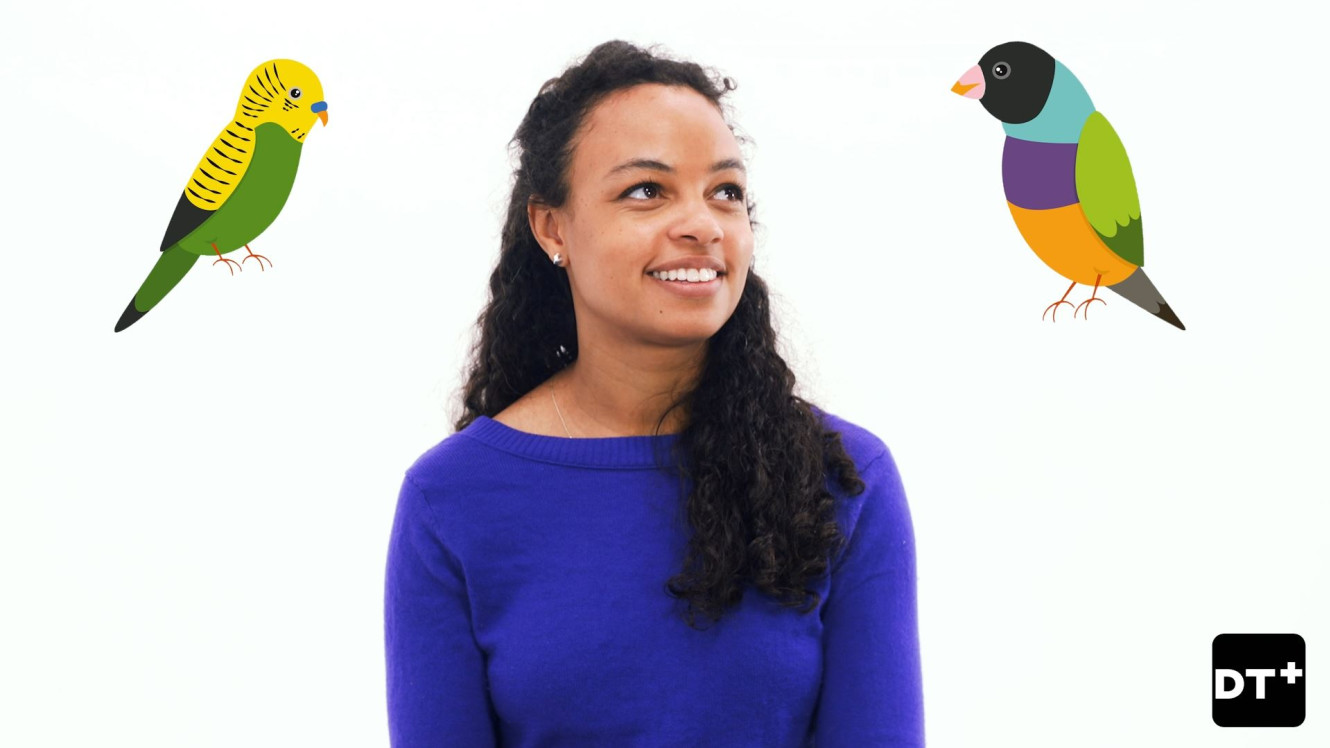 Spotlight On: The Sound Designer (7 mins)
Spotlight On: The Sound Designer (7 mins)
Additional videos to learn about Sound Designers:
Having trained at Central School of Speech and Drama in theatre design, Gareth switched focus to sound and has since collaborated on a variety of hugely successful theatrical productions, including Harry Potter and the Cursed Child, Waves, and Black Watch. Gareth talks of recording and utilising binaural sound to maximum effect, considers the distinction between sound and music, and describes creating the soundscape for Complicite's epic sensorial experience The Encounter.
This episode on sound design uses examples from Steven Berkoff's Metamorphosis and Vincent Dance Theatre's Virgin Territory, amongst other shows and takes a comparative look at the use of sound in three adaptations of Macbeth.
 Spotlight On: Commedia dell'arte (6 mins)
Spotlight On: Commedia dell'arte (6 mins)
 Key Concepts in Comedy: What is Comedy? (11 mins)
Key Concepts in Comedy: What is Comedy? (11 mins)
 Key Concepts in Musical Theatre: Spectacle (10 mins)
Key Concepts in Musical Theatre: Spectacle (10 mins)
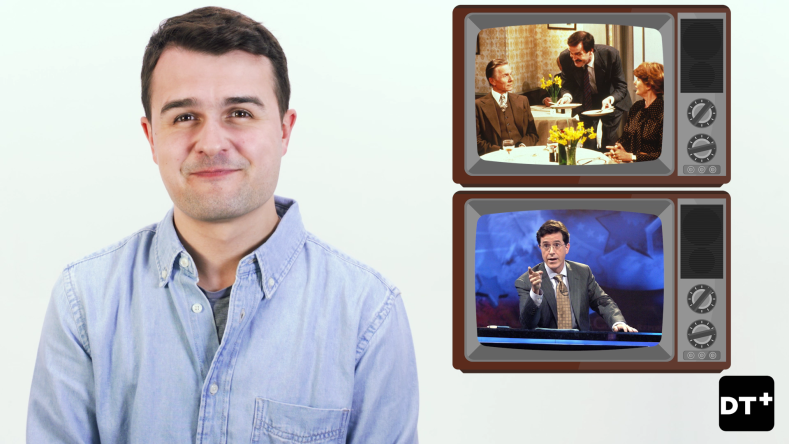 Spotlight On: Farce (6 mins)
Spotlight On: Farce (6 mins)
 Spotlight On: Melodrama and Vaudeville (7 mins)
Spotlight On: Melodrama and Vaudeville (7 mins)
 Key Concepts in Modernism: Introducing Modernism (14 mins)
Key Concepts in Modernism: Introducing Modernism (14 mins)
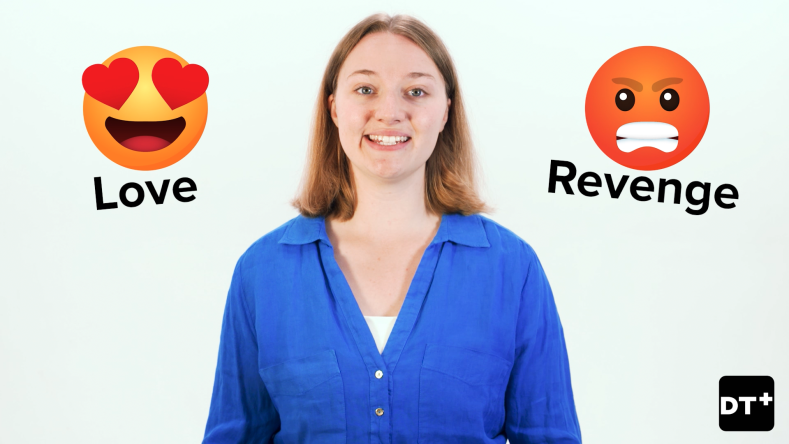 Spotlight On: Theatre of India (6 mins)
Spotlight On: Theatre of India (6 mins)
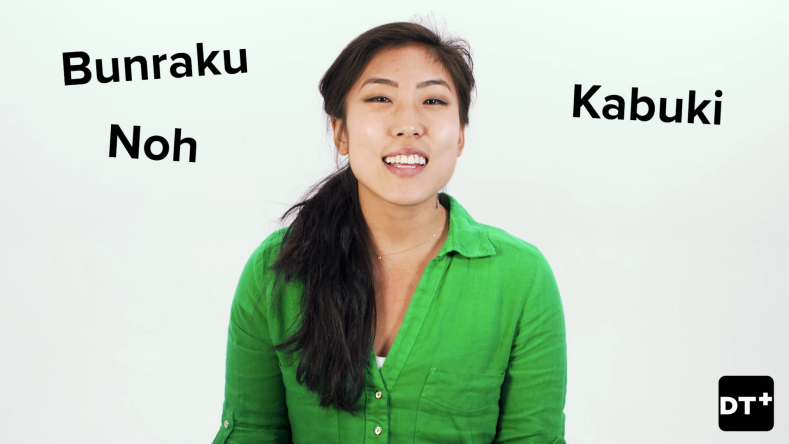 Spotlight On: Japanese Theatre (7 mins)
Spotlight On: Japanese Theatre (7 mins)
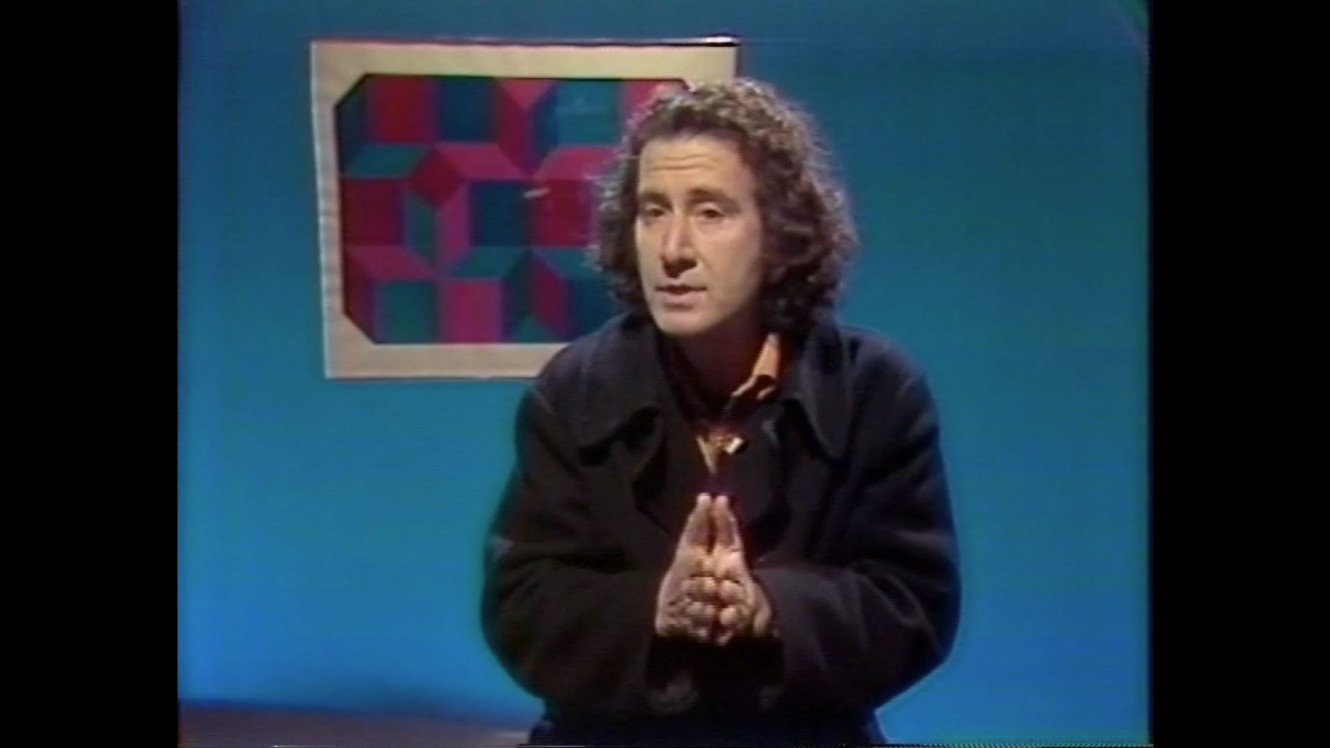 Theatre of Latin America: Fair of Opinion (13 mins)
Theatre of Latin America: Fair of Opinion (13 mins)
 Key Concepts in Ancient Greek Theatre: Introduction (12 mins)
Key Concepts in Ancient Greek Theatre: Introduction (12 mins)
 Spotlight On: English Restoration (6 mins)
Spotlight On: English Restoration (6 mins)
 Key Concepts in Theatre for Social Change: Democratizing Theatre (12 mins)
Key Concepts in Theatre for Social Change: Democratizing Theatre (12 mins)
Off-campus? Please use the Software VPN and choose the group UCIFull to access licensed content. For more information, please Click here
Software VPN is not available for guests, so they may not have access to some content when connecting from off-campus.